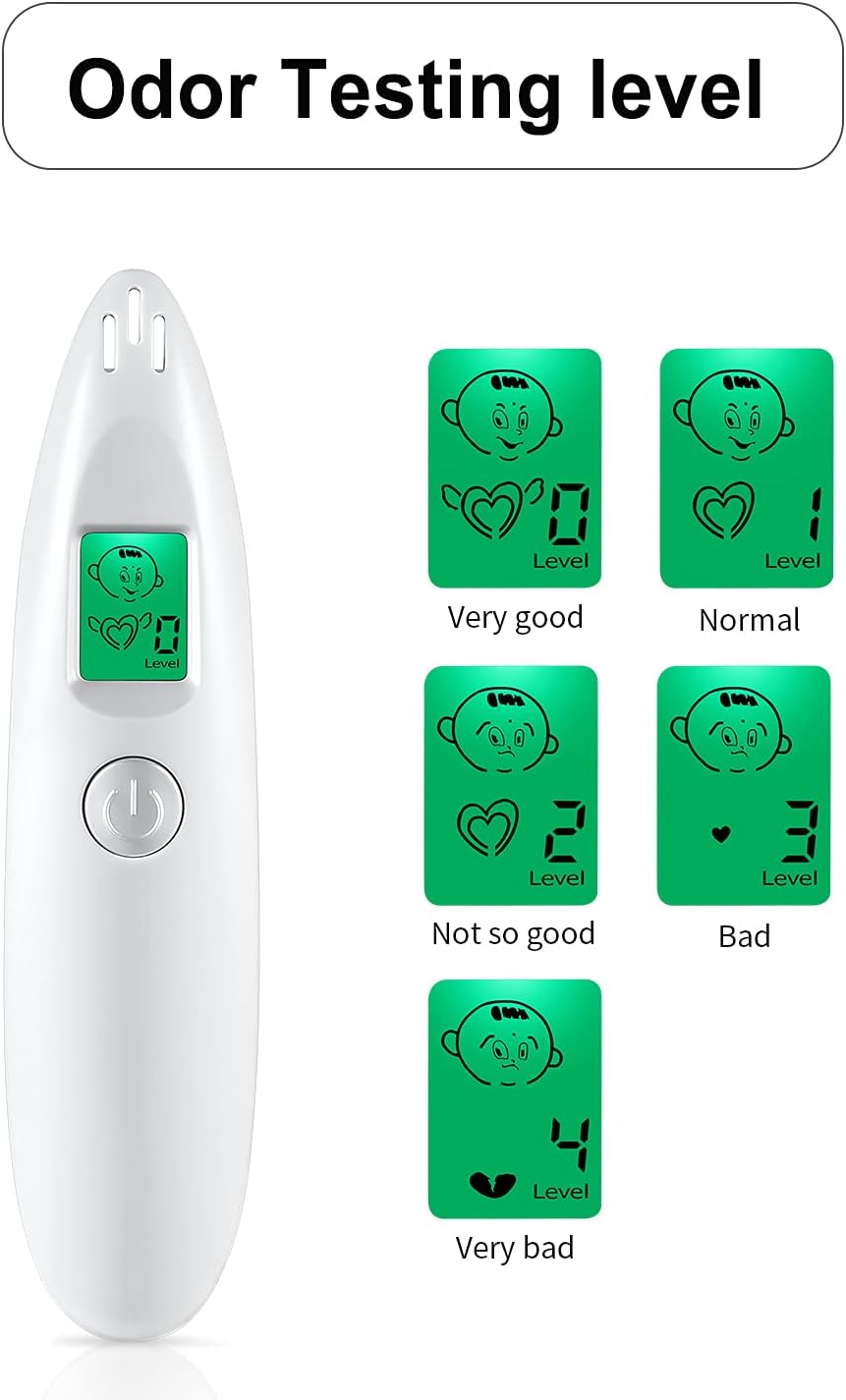7 Tooth Cavity Tips To Prevent Bad Odor

Tooth cavities are a common oral health issue that can lead to a range of problems, including bad odor. When bacteria in the mouth break down food, particularly sugary and starchy items, they produce acid that can damage tooth enamel and create cavities. If left untreated, these cavities can become deeper, potentially reaching the pulp of the tooth and causing pain, infection, and even tooth loss. Moreover, cavities can contribute to bad breath (halitosis) due to the accumulation of bacteria and the decomposition of food particles in these areas.
Understanding the connection between tooth cavities and bad odor is crucial for effective prevention. Here are seven tips to help prevent tooth cavities and, by extension, reduce the risk of bad odor:
Practice Good Oral Hygiene:
- Brushing Teeth: Regular brushing with a fluoride toothpaste is essential for removing plaque, a biofilm of bacteria, from the teeth. It is recommended to brush at least twice a day, in the morning and before bed, for two minutes each time. Pay special attention to the areas where the teeth and gums meet.
- Flossing: Flossing once a day helps remove food particles and plaque from between the teeth and under the gumline, areas that a toothbrush can’t reach.
- Mouthwash: Using a mouthwash can add an extra layer of protection by killing bacteria in the mouth, including those that can cause cavities and bad breath.
Limit Sugary and Acidic Foods and Drinks:
- Sugary foods and drinks are primary sources of energy for the bacteria that cause cavities. Limiting these items can reduce the acid production in the mouth, which in turn can help prevent tooth decay. Opt for a balanced diet that includes plenty of fruits, vegetables, and whole grains.
- Acidic foods and drinks, like citrus fruits and soda, can directly erode tooth enamel, making teeth more susceptible to decay.
Use Fluoride:
- Fluoride is a key ingredient in the prevention of tooth decay. It can be found in toothpaste, mouthwash, and community water fluoridation. Fluoride helps to strengthen tooth enamel, making teeth more resistant to acid attacks from plaque bacteria and sugars in the mouth.
Chew Sugar-Free Gum:
- Chewing sugar-free gum after meals can stimulate saliva production, which helps to wash away food particles, neutralize acids, and remineralize teeth, thus protecting them from decay.
Visit Your Dentist Regularly:
- Regular dental check-ups are crucial for the early detection and treatment of cavities. Dentists can identify cavities through visual exams, X-rays, and other diagnostic tools even before symptoms appear. Early treatment can prevent more serious problems.
Consider Dental Sealants:
- Dental sealants are a protective coating applied to the chewing surfaces of the back teeth (premolars and molars). They can significantly reduce the risk of cavities by preventing bacteria and food particles from accumulating in the grooves of these teeth.
Stay Hydrated:
- Drinking plenty of water helps keep your mouth moist, which can aid in the prevention of bad breath. Water helps to rinse away bacteria and food particles from the teeth, reducing the risk of cavities. Additionally, a dry mouth (xerostomia) can increase the risk of tooth decay, as saliva plays a critical role in protecting the teeth.
By following these tips, individuals can significantly reduce their risk of developing tooth cavities and, as a result, decrease the likelihood of experiencing bad odor associated with oral health issues. Preventive care, combined with regular dental check-ups, is the key to maintaining good oral health and overall well-being.
How often should I visit my dentist for check-ups to prevent cavities and bad odor?
+It is generally recommended to visit your dentist for a check-up every six months. However, the frequency may vary depending on your oral health status and risk factors for cavities and other issues. Your dentist can provide personalized advice based on your specific needs.
<div class="faq-item">
<div class="faq-question">
<h3>Are there any foods that can help prevent cavities and promote fresh breath?</h3>
<span class="faq-toggle">+</span>
</div>
<div class="faq-answer">
<p"Yes, certain foods can help. Dairy products like cheese, milk, and yogurt contain calcium, which is good for teeth. Crunchy fruits and vegetables like apples and carrots can help clean teeth naturally. Additionally, foods high in fiber like beans and peanuts can help keep teeth and gums clean.</p>
</div>
</div>
<div class="faq-item">
<div class="faq-question">
<h3>Can chewing gum really help prevent tooth cavities?</h3>
<span class="faq-toggle">+</span>
</div>
<div class="faq-answer">
<p>Yes, sugar-free chewing gum can help prevent tooth cavities. It stimulates saliva production, which aids in washing away bacteria and food particles, neutralizing acids, and remineralizing teeth. Look for gum with the ADA Seal, which means it has met dental standards for safety and effectiveness.</p>
</div>
</div>
</div>
In conclusion, preventing tooth cavities is a multifaceted approach that includes maintaining good oral hygiene, making informed dietary choices, and visiting your dentist regularly. By understanding the causes of cavities and bad odor, and by following the tips outlined above, individuals can take proactive steps towards a healthier, happier smile.

